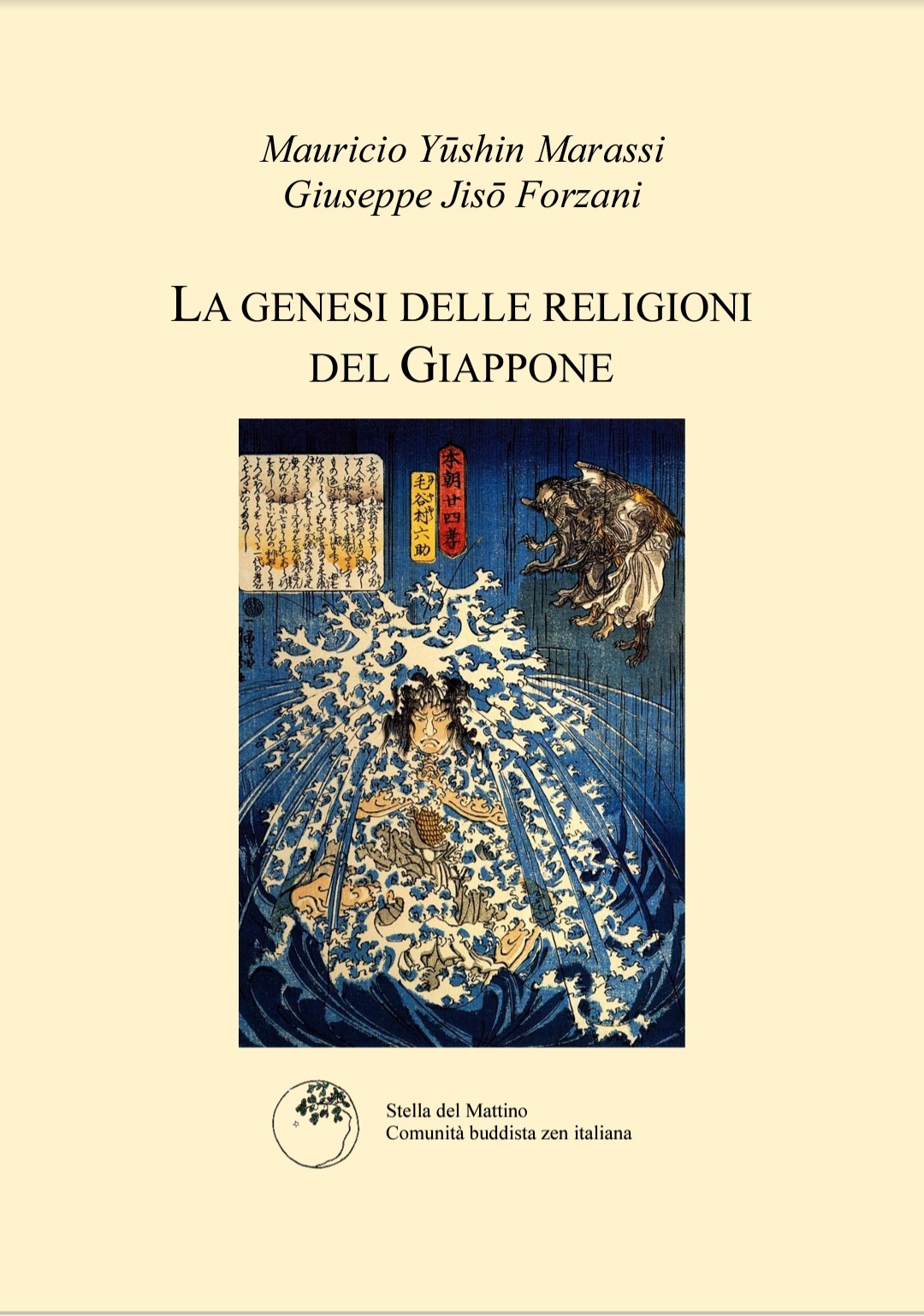In these past few days I have sent a message with a short note to the members of the mailing list Notiziedallastella by the title “Cassock and buttons”. The message is on file. Both message and note dealt with the status of zen today in the West. However, I have kept out of these writings two issues which I address here below: sex and the sesshin, the zen retreats devoted primarily to zazen.
Both in the USA and in Europe, it has occurred rather often and perhaps more often in the past than now, that religious leaders have had sex with those whom they call and who call themselves disciples, both males and females.
I do not think I need to linger over how wrong it is for someone in a position of authority to take advantage of that position to get into somebody else’s knickers or to allow somebody to get into his or her own. But I think it is necessary to clarify how (almost) equally wrong is it for practitioners that meet just for zazen to entertain sexual relations with each other, regardless of whether these relations entail emotional involvement as well.
This is not so much on account of sex, which is fine, provided it is consensual. As a matter of fact, I assume that there are plenty of good things to say about it. The point is that all forms of relations among persons who practice together have (should have) cooperation as their basis and the most serene, stable and deep practice for ourselves (and the others) as their only aim. When instead these relations move to another level – and this implies friendship as is commonly understood as well – this basis mutates, weakens and finally, falls away.
The reasons for meeting and working together become different and stray considerably away from the simple preparation to zazen. Experience and factual analysis tell us that most of these relations in the end provoke a deep malaise in this group of peers – in fact, they are no longer peers – and even lead to its dissolution . Besides, these relations very seldom last.
The kind of bond you establish (want to establish) with someone who sits in zazen with you has nothing to do with any of the activities or the commitments with each other that are usual and normal elsewhere. It bears no relation with the fact that you may find these persons attractive, likeable, pleasant, nice and so on, or instead that you may dislike their looks, character or intelligence. In a way, we are not persons for them and they for us. One could say that they are something more, and, in any event, something different. One needs to protect this kind of bond very accurately.
The other issue I want to raise is about the sesshin. Sesshin is a Japanese word (摂心, which literally means to rule, to take care of the heart. I believe its meaning is very close to that of the Greek paideia) which refers to a period of one or more days entirely devoted to practice, even if several groups combine sitting with other activities.
Since several years, these meetings usually take place at the presence of a dignitary, a monk or anyhow a religious leader who often comes just for that, and who “holds” or “directs” the sesshin. As a consequence, it has become almost automatic to believe that a sesshin needs the presence of some sort of authority that assures its correct development. It is a misunderstanding. Anyone can organize a sesshin, even alone and, at home. To devote time to zazen you do not need anyone special.
Rather, if we want to attribute a special role to someone in particular, that role cannot be but that of a supporter, or, in a stronger sense, a witness. “To do” a sesshin presupposes a strong determination, whether it is a simple half-day sitting or lasts several days. The awareness of the effort and of the practical and personal complications that come with organizing a sesshin – short or long as it may be – often leads to give up this type of practice.
There is nothing wrong with it. The sesshin were “invented” rather recently, no more than a century or so ago, and they are not indispensable elements of the zen path. The daily practice is certainly more important, and, so to say, has longer and deeper effects in our lives. The sesshin is often an isolated event. It is somewhat unbalanced both because of the efforts it requires, and because it does not fit well in the life we normally lead. It risks being a bit like the Sunday mass: for the rest of the week we are OK…
However, if we manage to organize a life in which zazen is protected, made into a regular activity, and the most important one, at the most important time of the day, the event for which we are prepared to call off all other engagements – and not viceversa – then the full immersion into zazen for a long period is a kind of “negative” experience of the world’s existence of such strength as to be able to generate a more solid zazen or, even more, to clarify how much we are really prepared to devote ourselves to zazen. Provided it is not an isolated, odd and unique outburst, a sort of a once- in a while ritual.
The presence of a person that has a solid experience of zazen or of sesshin can be useful to make sure that the conditions under which we sit are favorable, to support us throughout this experience and to encourage us to keep at it; only for these reasons, and not to officiate, and not to “hold” an activity that is the highest expression of freedom which a human being can aspire to. In any event, what this person would do is a service, a gift without content, and can consist only in his or her presence.
Mauricio Yūshin Marassi
1) http://en.wikipedia.org/wiki/Paideia
Se volete, lasciate un commento.
You must be logged in to post a comment.







